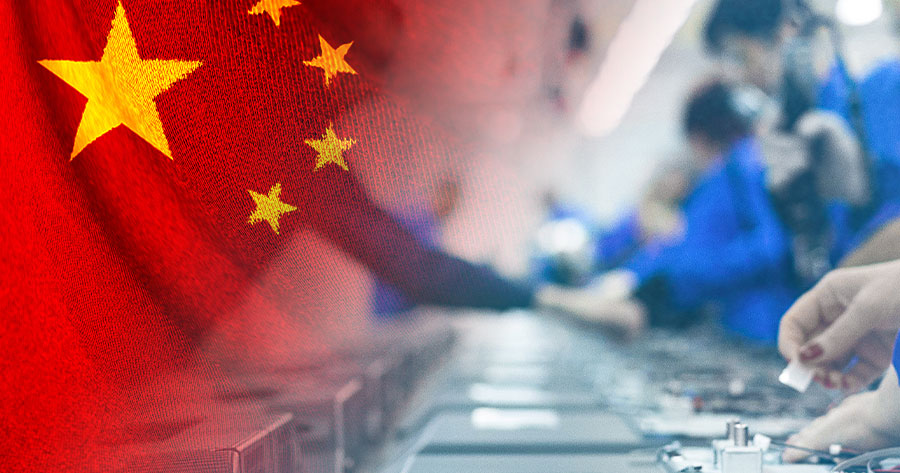China’s manufacturing activity grew slower in December, as anticipation builds for further economic stimulus with Donald Trump poised to return to the White House, threatening tariffs on Chinese exports.
The Caixin manufacturing PMI dropped to 50.5 from 51.5 in November, a result that fell short of the 51.7 forecasted by economists. Despite remaining above the 50 mark, which signifies expansion, the slowdown raised concerns among analysts.
Wang Zhe, senior economist at Caixin Insight Group, noted in a statement that exports have been a drag on demand, influenced by increasing uncertainties from the global economic and trade environments.
With Donald Trump threatening hefty tariffs, there’s a risk to China’s exports as he prepares to assume office later this month. The official manufacturing survey released earlier mirrored a similar slowdown, showing a third consecutive month of growth but at a decelerated pace.
Caixin’s report illustrated how diminishing export orders have curbed sales and impacted business optimism. Manufacturers cut prices to stimulate sales, intensifying the longer-than-two-decade deflationary trend.
Chinese President Xi Jinping, in a New Year’s Eve address, acknowledged external challenges but reaffirmed China’s trajectory towards its growth goal of around 5% for 2024, affirming an “overall stable” economy.
On a brighter note, the official non-manufacturing PMI reported robust expansion in services and construction for December, indicating rising domestic demand. This uptick follows Beijing’s robust stimulus measures initiated in late September.
To further stimulate growth in 2025, officials have pledged enhanced public borrowing, spending, and monetary easing strategies, with the People’s Bank of China (PBOC) potentially reducing bank reserve requirements or cutting interest rates.
Over the past year, Caixin’s results have often outperformed those of the official survey, reflecting the strength in exports. The differing findings arise from the surveys covering varied sample sizes and business types, with Caixin focusing more on smaller, export-driven firms.





